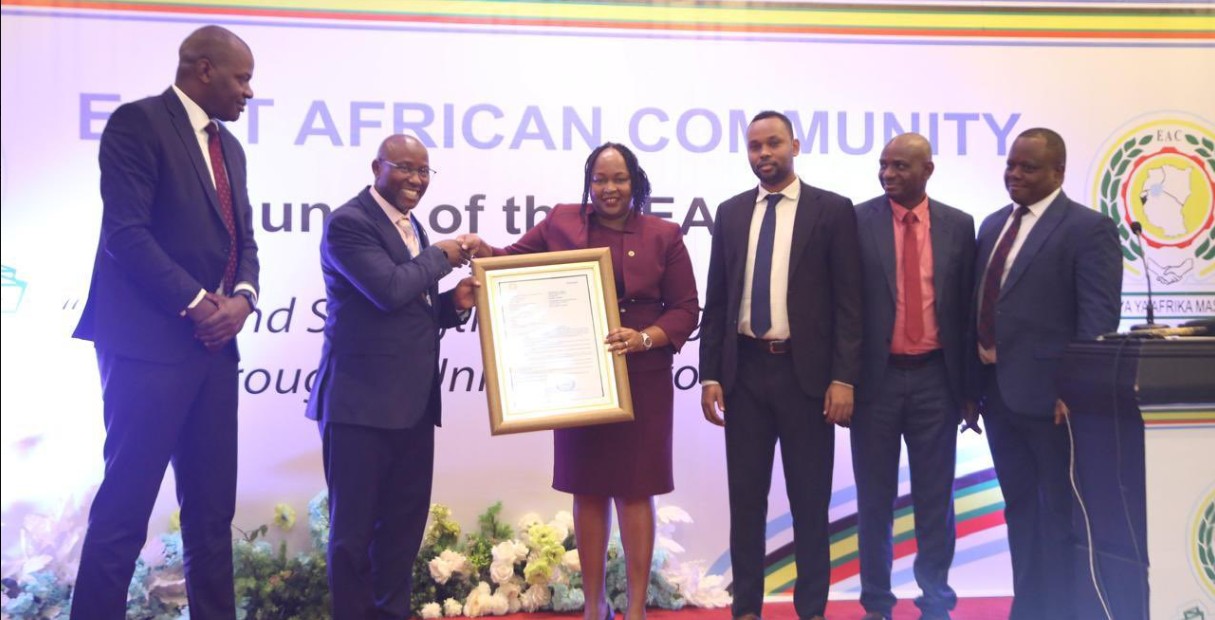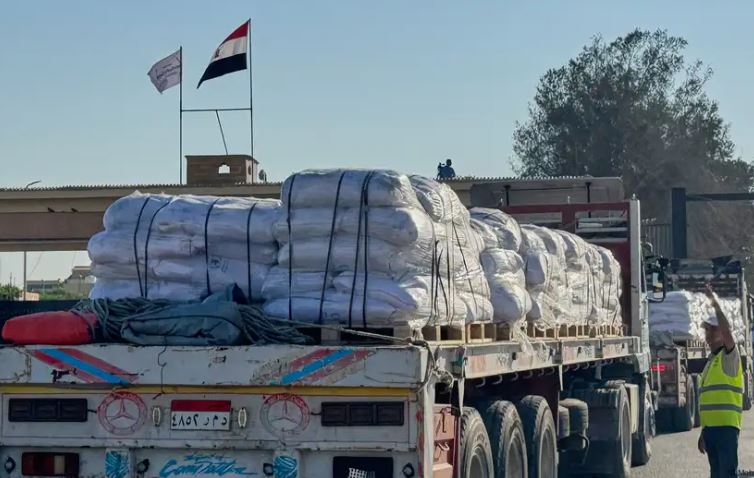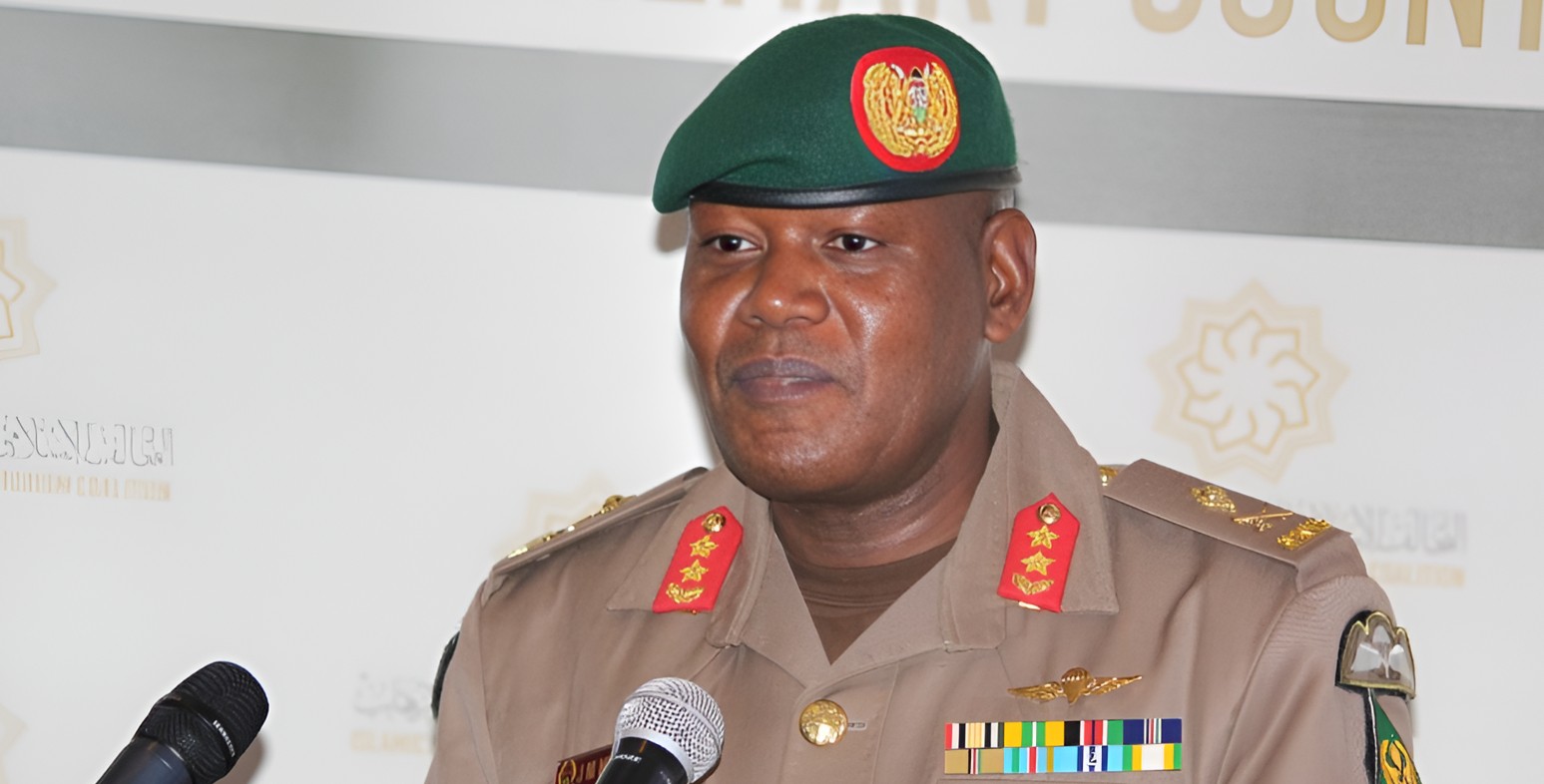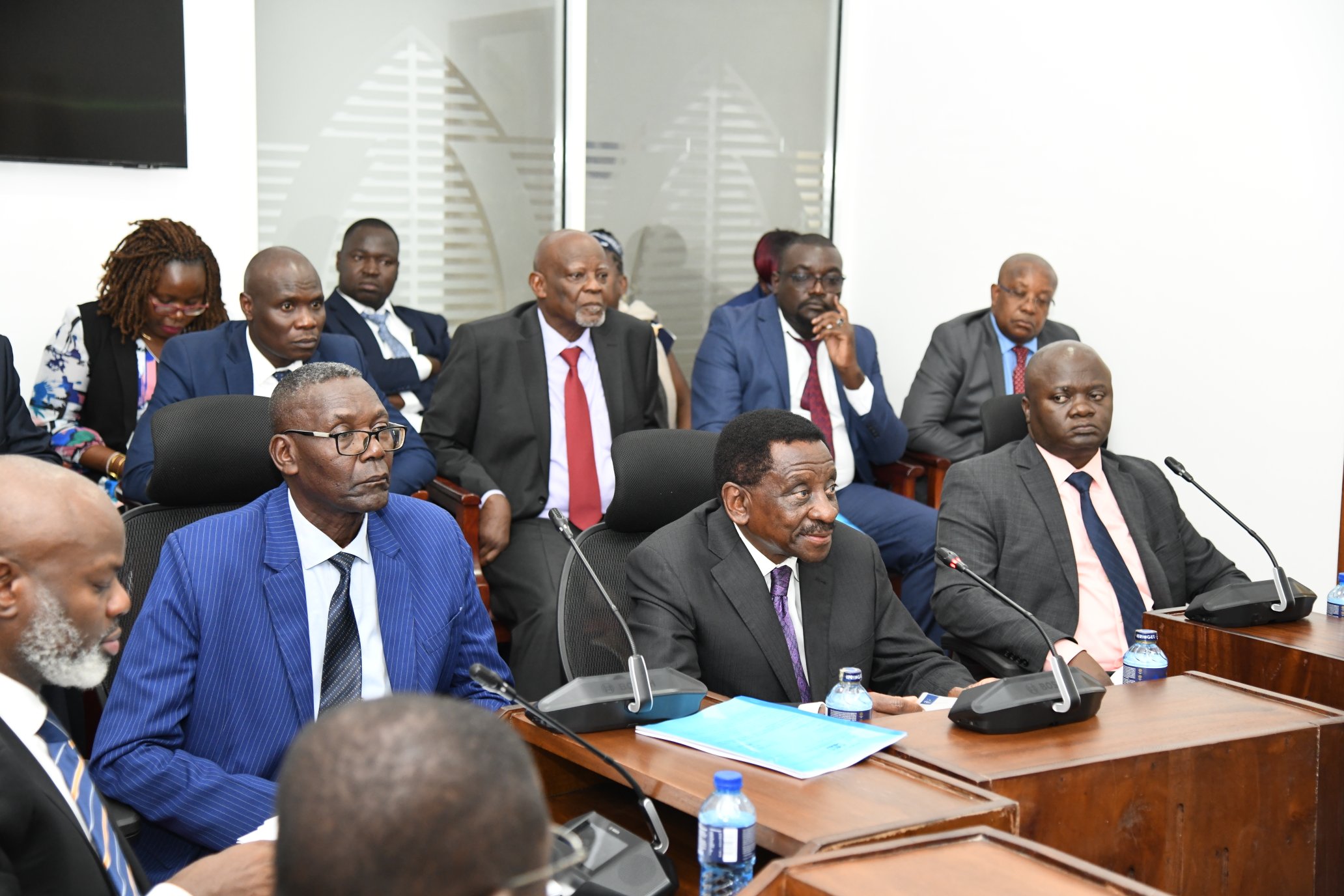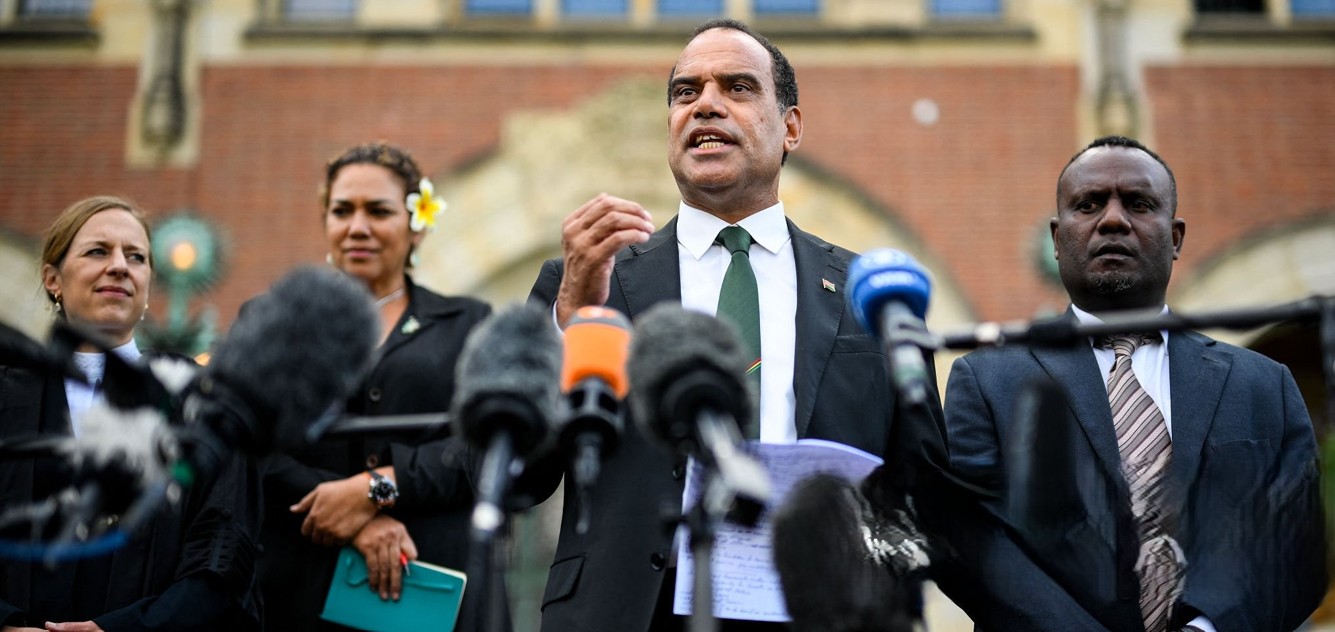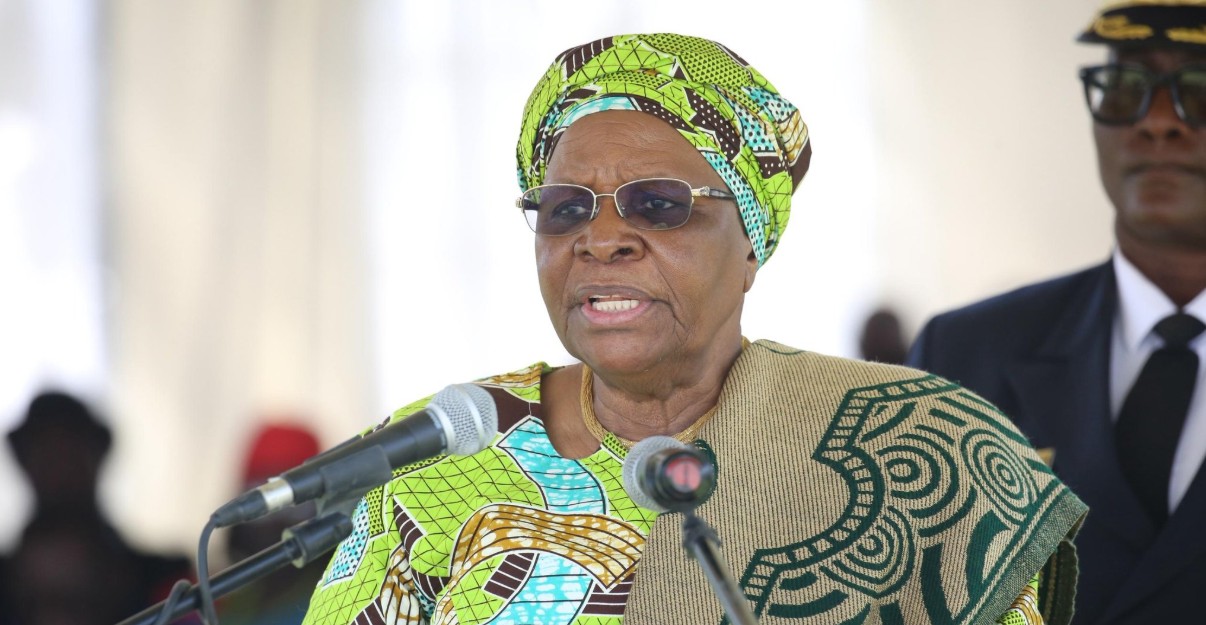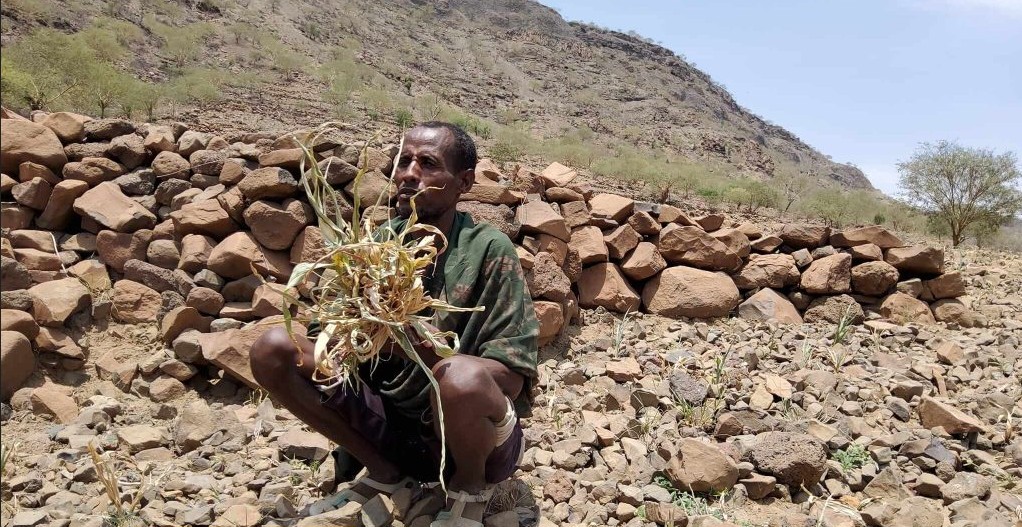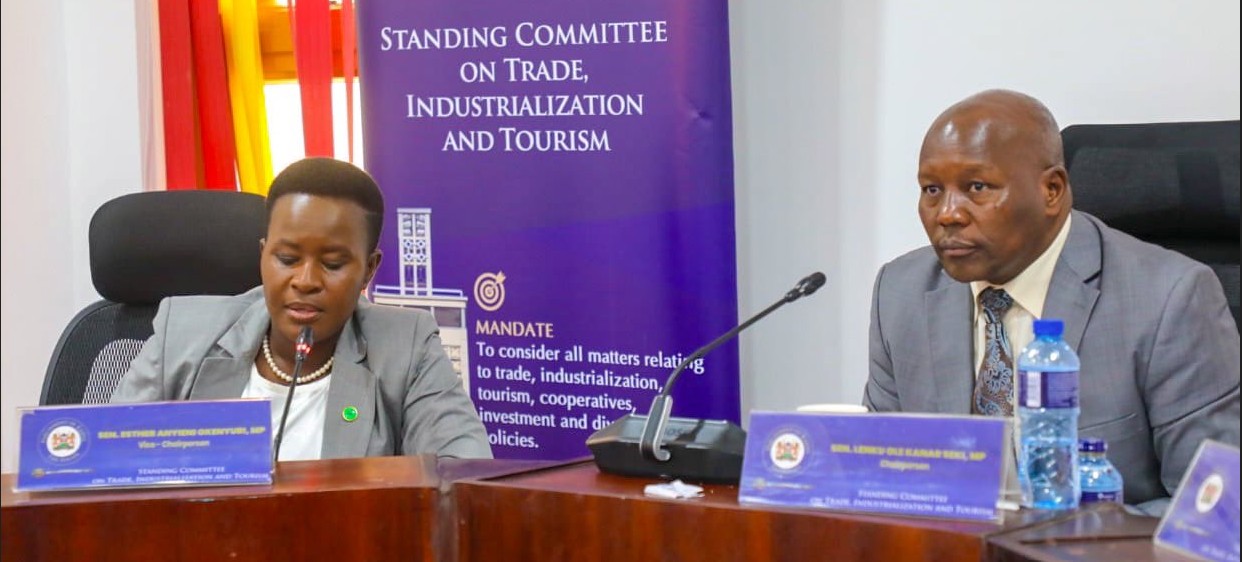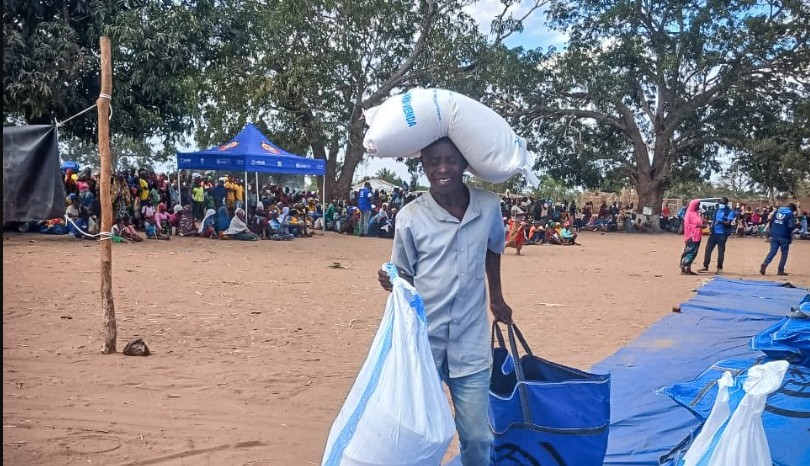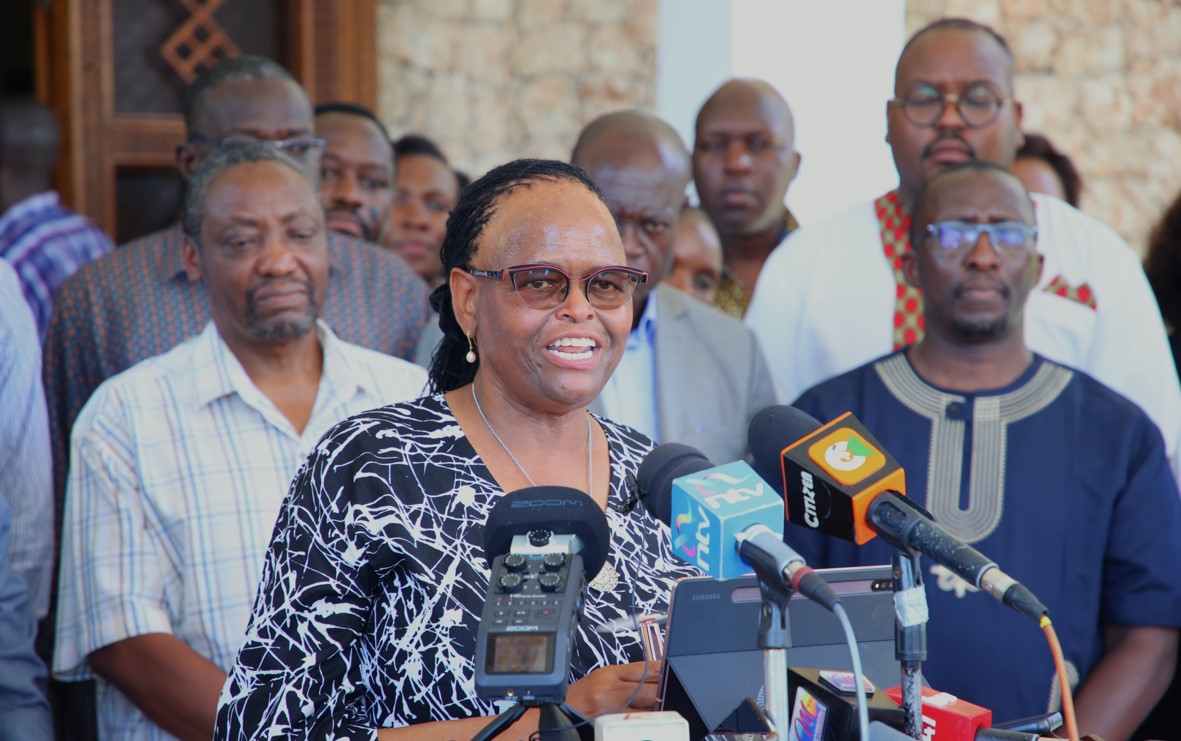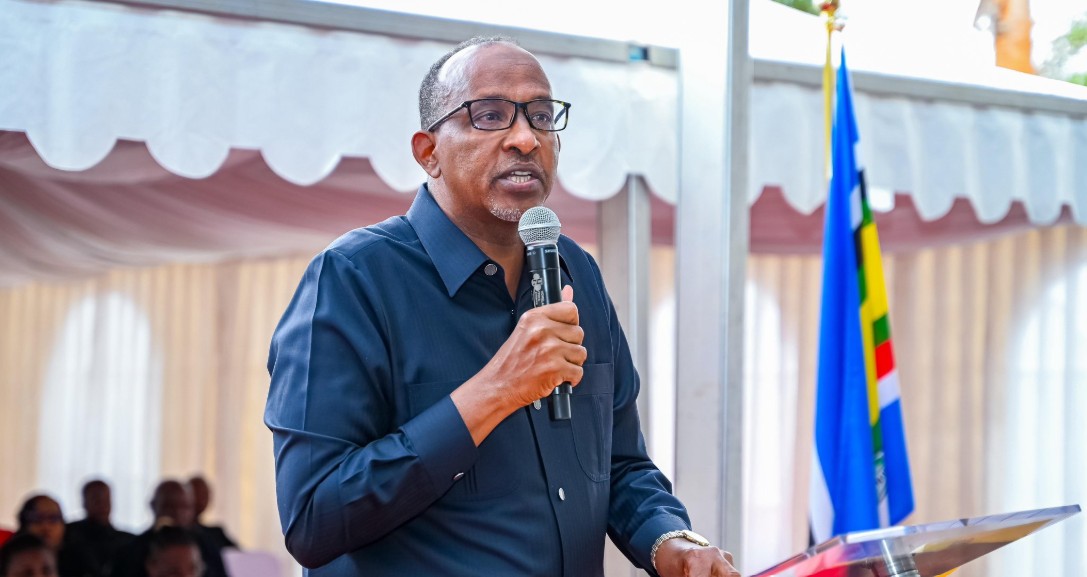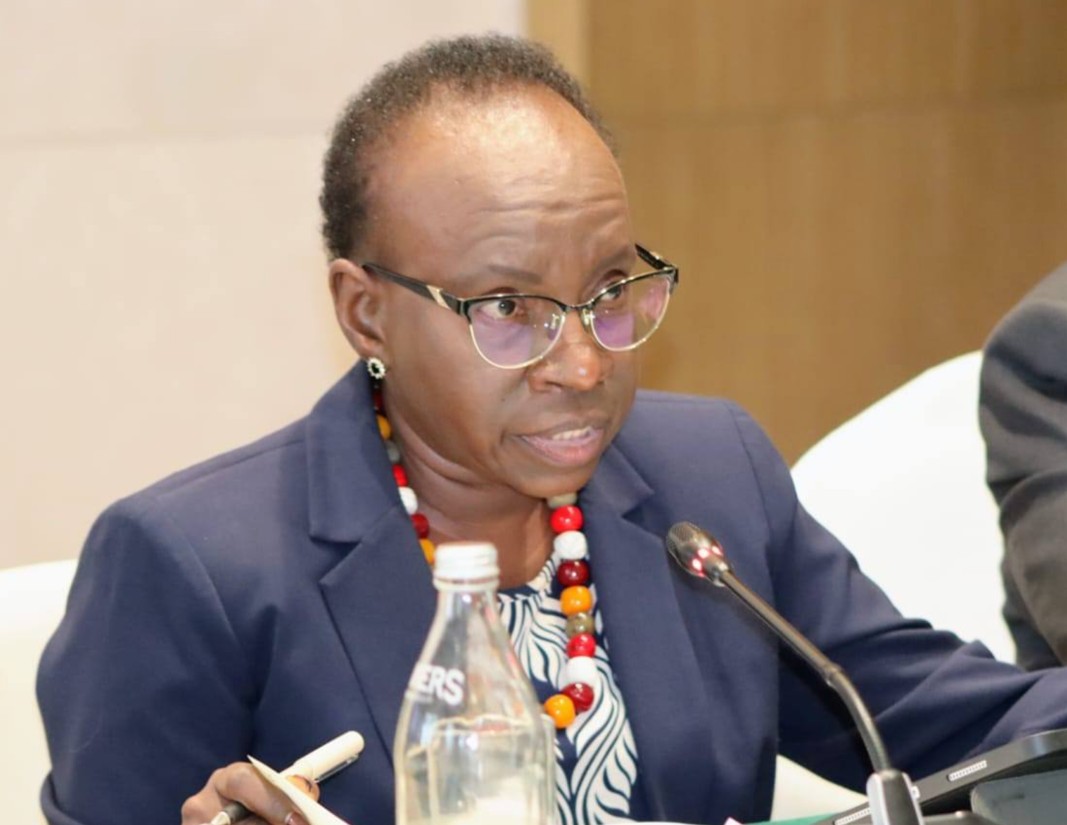World marks international day to end sexual violence in conflict with calls for support for survivors
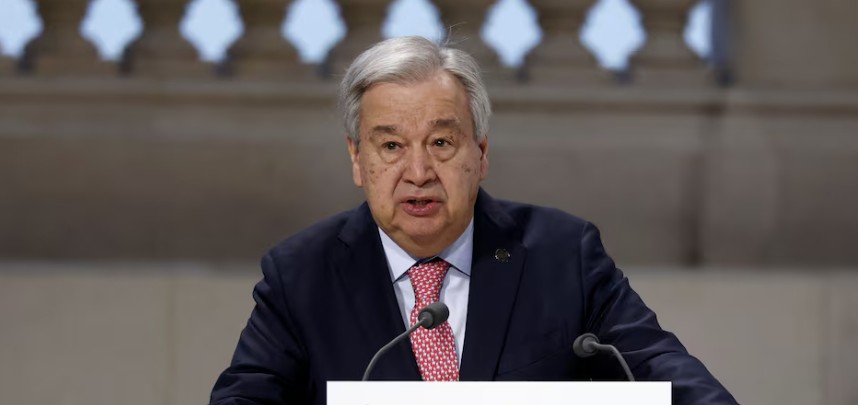
In his report last year, UN Secretary-General António Guterres revealed that the escalation of conflict had exposed civilians to increased levels of sexual violence, driven by the proliferation of arms and greater militarisation.
The world today is marking the International Day for the Elimination of Sexual Violence in Conflict. The day is dedicated to raising awareness about the urgent need to end conflict-related sexual violence, honouring its victims and survivors, and paying tribute to those who have bravely dedicated their lives in the fight to eradicate these crimes.
This year’s theme is: “Breaking the cycle, healing the scars: Addressing intergenerational effects of conflict-related sexual violence.”
More To Read
- World Court just ruled countries can be held liable for climate change damage – What does that mean for US?
- Gaza: ‘No one should ever be forced to risk their life to find food,’ says UN humanitarian agency
- Former ICT Cabinet Secretary Nyambura Ndung’u appointed to senior UN role
- Amid starvation in Gaza, Sudan, Guterres slams hunger ‘as a weapon of war’
- UN warns of rising hunger across Africa
- UN human rights expert visits Port Sudan amid escalating civil war and RSF power move
The United Nations defines conflict-related sexual violence as acts such as rape, sexual slavery, forced prostitution, forced pregnancy, forced abortion, enforced sterilisation, forced marriage, and other forms of sexual violence of comparable severity committed against women, men, girls, or boys that are directly or indirectly linked to conflict.
The UN also notes that the term includes trafficking in persons when carried out in conflict settings for purposes of sexual violence or exploitation.
In his report last year, UN Secretary-General António Guterres revealed that the escalation of conflict had exposed civilians to increased levels of sexual violence, driven by the proliferation of arms and greater militarisation.
The report stated that armed actors from both state and non-state groups targeted civilians with rape, gang rape, and abductions, amidst record levels of internal and cross-border displacement.
"Sexual violence curtailed women’s livelihoods and girls’ access to education, while generating profits for armed and violent extremist groups, including through conflict-driven trafficking for sexual exploitation. Women and girls were disproportionately affected, yet their voices remain muted or absent from key decision-making forums on peace and security," the report noted.
Conflict-related sexual violence is recognised under international law as a war crime, a crime against humanity, and a constituent act of genocide.
Despite this, it continues to spread in conflict zones, leaving behind long-lasting consequences such as physical and psychological trauma, stigma, and poverty, which can affect survivors and their families across generations.
"In some communities, survivors may face ostracisation, limiting their access to essential social support and healing services. The consequences may be compounded when pregnancies result from such violence, leading to further rejection of children born in these circumstances. This form of violence often occurs alongside other wartime atrocities, including abduction and recruitment into armed groups," the UN states.
The organisation calls for mental health support for survivors, enabling them to process their experiences and build resilience.
"Effective strategies include community-based support, child-friendly resources for young survivors, educational initiatives, and legal reforms aimed at preventing conflict-related sexual violence. By addressing intergenerational trauma, we can create an environment where survivors and their children can reclaim their lives, turning experiences of horror into stories of hope and healing," the UN adds.
Top Stories Today
